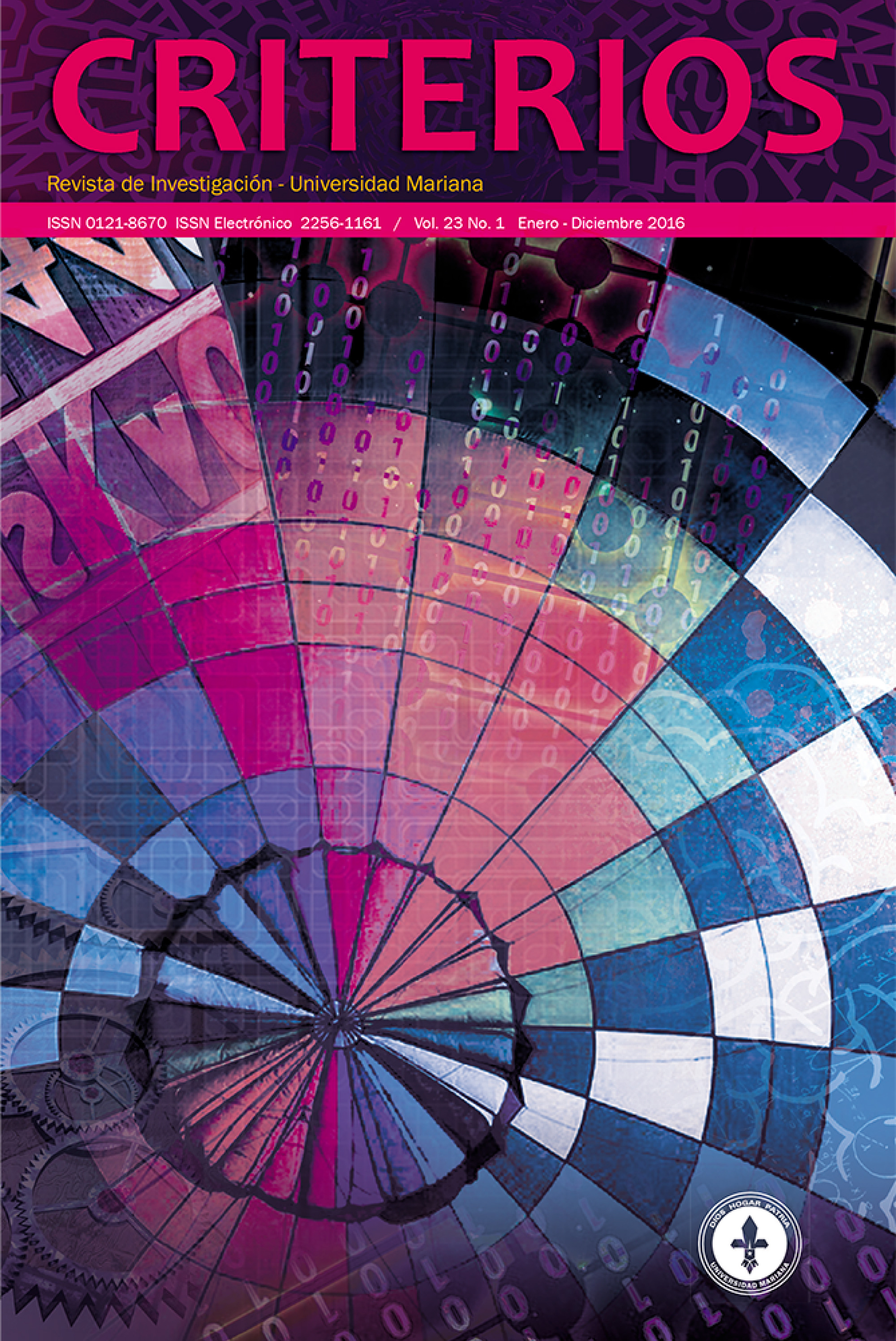Analysis of the teaching attitudes towards the integration of ICT in the higher level; the case of the School of Foreign Languages Campus-III of the Autonomous University of Chiapas
Keywords:
teaching attitude, context of learning, higher education, teacher training, TICAbstract
The essential question of this research was to analyze the attitudes of
teachers to the integration of technologies in school life at the higher level
and to determine if traditional approaches maintain the paths that have persisted over the years or even decades, despite the profound changes that are evident in 21st century society.
An exploratory study was carried out, since the attitudinal dimension is a key element for pedagogical transformation; it allowed the retrieval of various
data through the adaptation of a Likert-type attitude scale applied to a
sample of the full-time and part-time teaching staff of an institution of higher level in Chiapas; therefore, it was possible to analyze and identify if there is an attitudinal mismatch between what society demands from a university professor and their teaching practice. The results have shown that teachers are going through a series of questions, whose answers provide information on their actual attitudinal change in relation to the use of ICTs in educational
contexts, which lets us establish new methods for adapting content and
methodology in this regard.
Author Biographies
Víctor del Carmen Avendaño Porras
Centro Regional de Formación Docente e Investigación Educativa, México.
Dulce Cielo Avendaño Porras
Universidad Autónoma de Chiapas, México.
References
Adegbija, E. (1994). Language attitudes in Sub-Saharan Africa: A sociolinguistic overview (Vol. 103). Multilingual matters.
Fazio, R., Roskos-Ewoldsen, D. & Powell, M. (1994). Attitudes, perception, and attention. In: Social cognition: the basis of human interaction. Psychology Press.
Gülbahar, Y. (2008). ICT Usage in Higher Education: A Case Study on Pre-service Teachers and Instructors. The Turkish Online Journal of Educational Technology, 7(1), 32-37.
Herdina, P. & Jessner, U. (2002). A dynamic model of multilingualism: Perspectives of change in psycholinguistics (Vol. 121). Multilingual Matters.
Hollander, E. (1978). Principios y métodos en psicología social. Buenos Aires: Amorrortu.
Manassero, M., Vázquez, A. y Acevedo, J. (2001). Avaluació dels temes de ciència, tecnologia i societat. Palma de Mallorca: Conselleria d’Educació i Cultura del Govern de les Illes Ballears.
Martin, L. & Tesser, A. (1996). Some ruminative thoughts. Advances in social cognition, 9, 1-47.
Martínez, L., Villamil, Y., & Peña, D. (2006). Actitudes favorables hacia la química a partir del enfoque Ciencia, Tecnología, Sociedad y Ambiente (CTSA). In: I Congreso Iberoamericano de Ciencia, Tecnología, Sociedad e Innovación CTS+ I.
Morales, P. (2000). Medición de actitudes en Psicología y Educación: construcción de escalas y problemas metodológicos (Measuring attitudes in Psychology and Education: construction of scales and methodological problems). Madrid: Universidad Pontificia de Comillas.
Morales, P., Urosa, S. & Blanco, B. (2003). Construcción de escalas de actitudes tipo Likert. Madrid: La muralla.
Myers, D. (2005). Surfactant science and technology. John Wiley & Sons.
Olson, J. & Zanna, M. (1993). Attitudes and attitude change. Annual review of psychology, 44(1), 117-154.
Orellana, N., Almerich, G., Belloch, C. & Díaz, I. (2004). La actitud del profesorado ante las TIC: un aspecto clave para la integración. Actas del V Encuentro Internacional Anual sobre Educación, Capacitación Profesional y Tecnologías de la Educación, Virtual Educa.
Pelgrum, W. (2001). Obstacles to the integration of ICT in education: results from a worldwide educational assessment. Computers & education, 37(2), 163-178.
Riascos-Erazo, S., Quintero-Calvache, D., & Ávila-Fajardo, G. (2009). Las TIC en el aula: percepciones de los profesores universitarios. Educación y educadores, 12(3), 133-157.
Sánchez, J. (2002). Integración curricular de las TICs: conceptos e ideas. In: Actas VI Congreso Iberoamericano de Informática Educativa, RIBIE (pp. 20 22).
Silva, J. y Astudillo, A. (2012). Inserción de TIC en la formación inicial docente: barreras y oportunidades. Revista Iberoamérica, 4(58). Recuperado de http://www.rieoei.org/deloslectores/4557Silva.pdf
Tamboura, Y. (2010). Attitudes des enseignants du secondaire face à l’integration des TIC dans les pratiques de classe: Etat des lieux des écoles concernées par l’Agenda Panafricain en Afrique francophone. Réseau Ouest et Centre Africain de Recherche en Education (ROCARE), Bamako, Mali. Frantice.net, (2), 63-71.
Tejedor, F. (1984). Análisis de varianza aplicado a la investigación en Pedagogía y Psicología. Madrid: Anaya.
Tejedor, F. y García-Valcárcel, A. (2006). Competencias de los profesores para el uso de las TIC en la enseñanza. Análisis de sus conocimientos y actitudes. Revista española de pedagogía, 64(233), 21-43.
Torgerson, W. (1958). Theory and methods of scaling. Wiley: New York.
How to Cite
Downloads
Downloads
Published
Issue
Section
License
Copyright (c) 2019 Revista Criterios

This work is licensed under a Creative Commons Attribution 4.0 International License.
Revista Criterios es publicada por la Editorial UNIMAR de la Universidad Mariana bajo los términos de la licencia Creative Commons Reconocimiento 4.0 Internacional (CC BY 4.0)

Altmetric
| Article metrics | |
|---|---|
| Abstract views | |
| Galley vies | |
| PDF Views | |
| HTML views | |
| Other views | |




